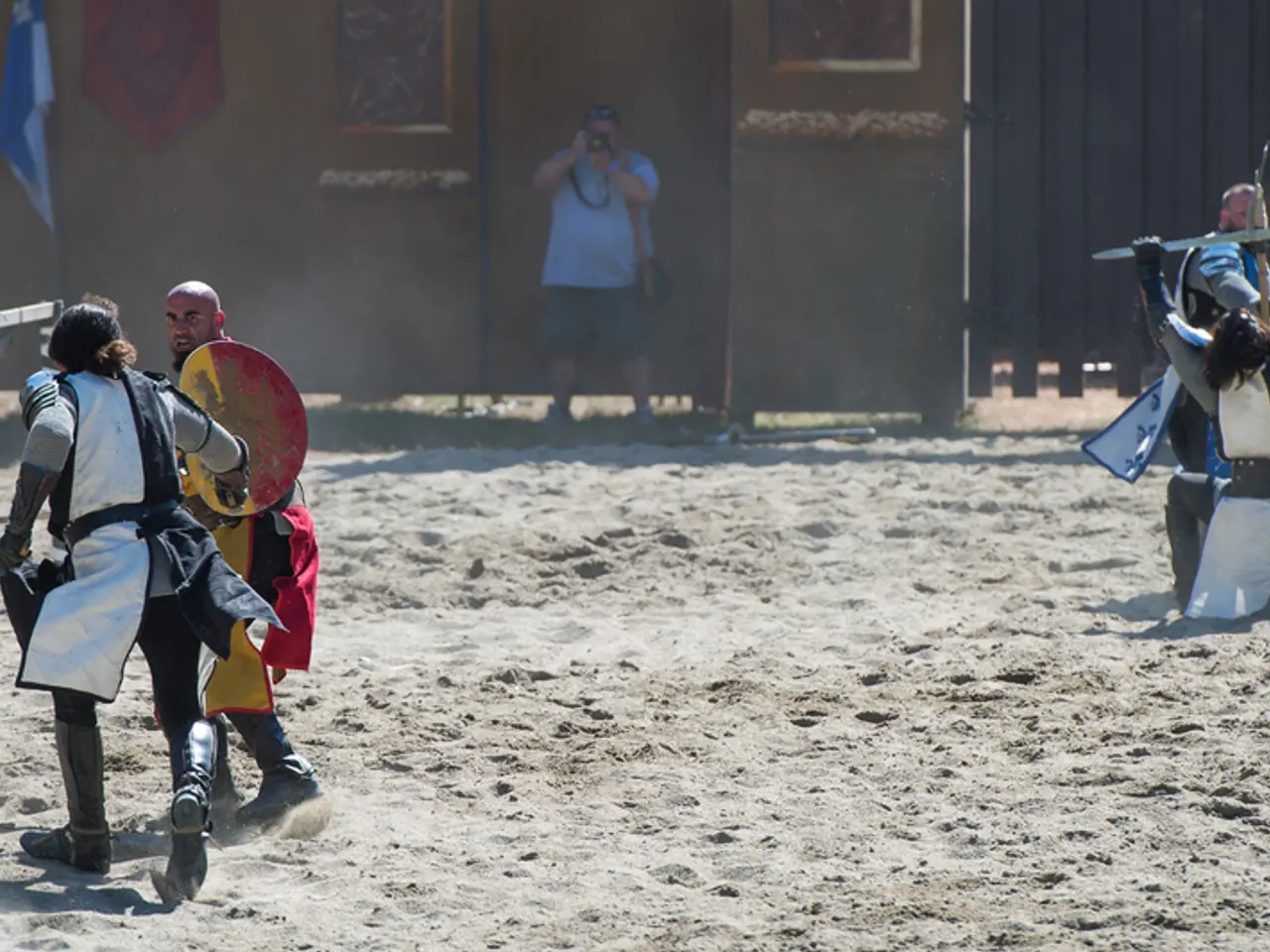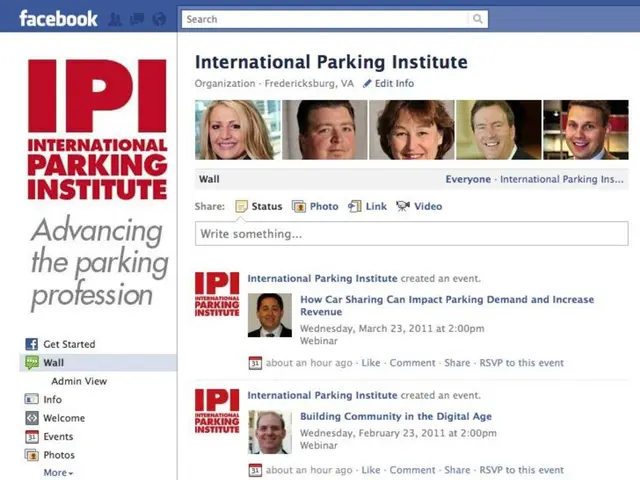International uproar over U.S. veto halting UN Security Council's Gaza truce proposal
In a contentious move that has sparked international criticism, the United States has vetoed a U.N. Security Council resolution demanding an immediate, unconditional, and permanent ceasefire in Gaza. The resolution, which was supported by 14 of the 15 council members, including Denmark, Algeria, and Pakistan, aimed to secure the release of all hostages held by Hamas and other groups, and lift restrictions on humanitarian aid to Gaza.
The veto, which was defended by Morgan Ortagus, a senior U.S. policy adviser, has been criticized for its timing amid escalating violence in Gaza. Critics argue that the veto effectively shields Israel from accountability, leaving civilians to bear the cost. The repeated veto by the United States underscores growing international frustration with its position.
Israeli forces have escalated a ground offensive in Gaza City, using tanks, artillery, and airstrikes, which have pushed thousands of Palestinians southward and intensified civilian suffering. Reports from U.N.-mandated human rights experts label Israel's conduct in Gaza as genocide, warning that without immediate action, the humanitarian crisis could become irreversible.
For Palestinian Ambassador Riyad Mansour and other critics, the veto is not merely a procedural act - it is a moral failure with real consequences. Mansour called the veto 'deeply regrettable and painful,' arguing it left Gaza's community unprotected amid what independent U.N. investigators describe as genocide.
The veto has also been criticized by China and Russia, with Russia stating that a single delegation's will can paralyze the U.N. Security Council. Algeria's U.N. ambassador Amar Bendjama opened the session with an apology to Palestinians, invoking Rwanda and Bosnia as historical reminders of Council failures. Pakistan's envoy Asim Iftikhar Ahmad called the veto a 'dark moment,' stressing that it blocked the Council from responding to 'unprecedented brutality, mass displacement, and manmade famine.'
The scope and duration of Israel's offensive remain unclear, as its aim is to 'destroy Hamas' military infrastructure.' However, the veto has raised questions about the international community's ability to intervene and protect civilians in conflict zones.
Public opinion in the U.S. reflects a growing unease, with nearly half of Americans saying Israel's military response has 'gone too far.' Aid agencies report famine conditions spreading across Gaza, further compounded by blockade restrictions and continuous bombardment. Diplomats warn that the disconnect between domestic opinion and foreign policy could further isolate the U.S. at the upcoming U.N. General Assembly, where discussions on Palestine are expected to dominate.
Israel's ambassador to the U.N., Danny Danon, dismissed the resolution as unbalanced, arguing it failed to address Hamas' role in the conflict. However, the veto has raised questions about the international community's willingness to hold all parties accountable for their actions during this conflict.
As the situation in Gaza continues to deteriorate, the international community is faced with a critical decision: to intervene and protect civilians, or to stand by and watch as the humanitarian crisis deepens. The veto of the U.N. Security Council resolution has highlighted the need for a more balanced and effective approach to resolving this conflict and ensuring the protection of civilians.
Read also:
- United States tariffs pose a threat to India, necessitating the recruitment of adept negotiators or strategists, similar to those who had influenced Trump's decisions.
- Weekly happenings in the German Federal Parliament (Bundestag)
- Southwest region's most popular posts, accompanied by an inquiry:
- Discussion between Putin and Trump in Alaska could potentially overshadow Ukraine's concerns








